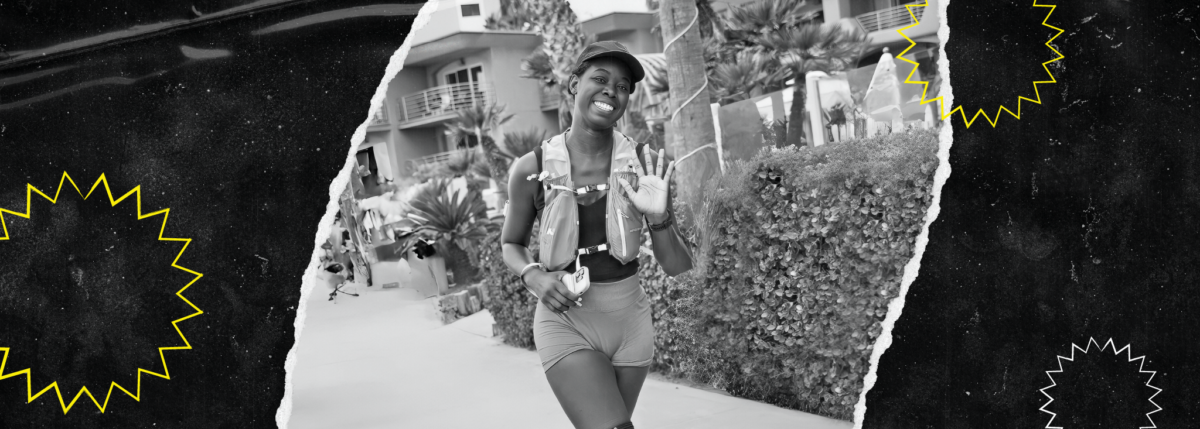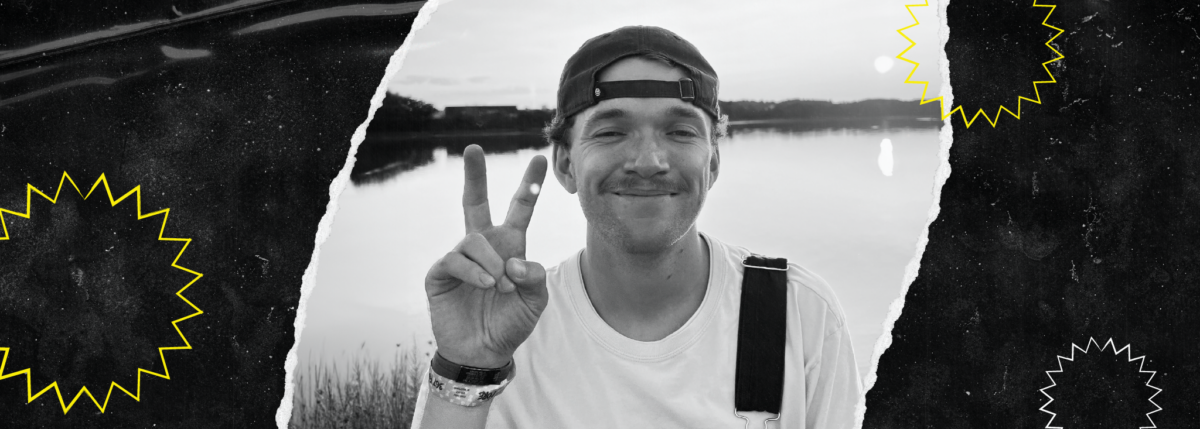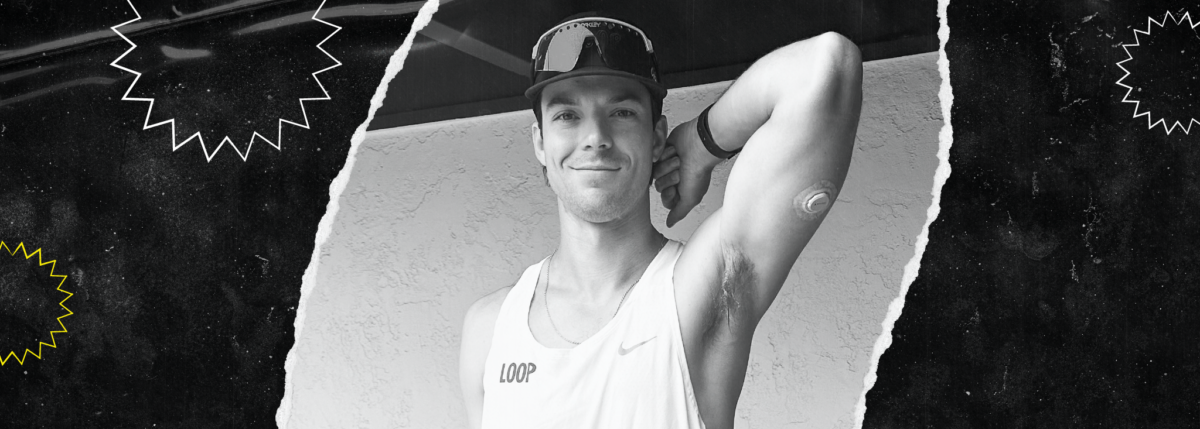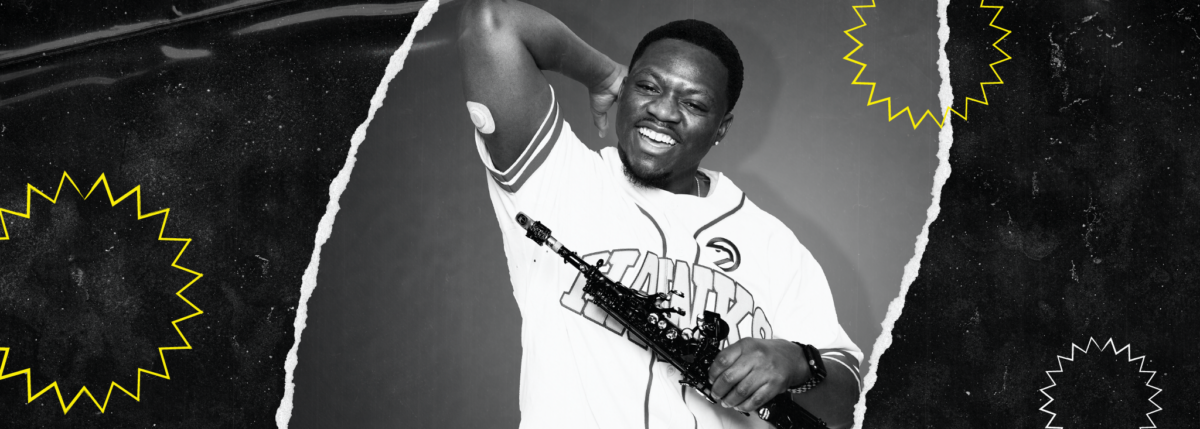Sibling Envy—When One Child Has Diabetes and the Other Does Not
Written by: Erin McShay
3 minute read
July 8, 2019
Not right now
My 15-year-old daughter decided to pick a fight with me at the worst possible moment. My windshield wipers couldn’t keep up with the constant rain pelting our window. She wanted me to take her out for ice cream after school. I told her it wasn’t the best time; Sam—my type 1—was home sick.
“I know he’s your favorite,” she said in a light but sarcastic tone.
I sighed knowing that deep down that silly, childish remark was tinged with her underlying belief. I gripped the wheel, trying not to hydroplane, yet still giving her my full attention. I brushed her cheek with the back of my hand, then rested it on her shoulder.
“You can’t possibly believe that. I would be really hurt if you thought that was true. I have no favorites as I’ve always said, Sam is sick, my attention for him is no indication that I love him more.”
She moved her body away from me. “It’s okay.”
I wanted to cry and laugh at the same time. She was my sun and he was my moon.
It didn’t matter that this was inconvenient for me, or inconceivable that she felt this way; she did. I had somehow failed yet again, in some crucial part of motherhood, in letting my healthy daughter know that I loved her just as much.
The truth
 In our house, as in most type 1 homes I imagine, the earth and sky revolve around them: their tests, their doctor’s appointments, their schedules. They are the center of every meal we eat. The day begins with asking their number and ends with checking on them. We worry if there’s a juice box by the bed. Do we have enough supplies to get us through this vacation? Does he have extra snacks for school?
In our house, as in most type 1 homes I imagine, the earth and sky revolve around them: their tests, their doctor’s appointments, their schedules. They are the center of every meal we eat. The day begins with asking their number and ends with checking on them. We worry if there’s a juice box by the bed. Do we have enough supplies to get us through this vacation? Does he have extra snacks for school?
A tiny stab of guilt pierces my chest when she catches me checking my phone at her track meet. She hears the alert and knows it’s the Dexcom. Ninety percent of my brain is on Sam all day long and I’m not sure when that will change.
Claire is my healthy breath of fresh air. I smile at her through my worry lines, but she doesn’t get it. She sees me so consumed with Sam, Sam, Sam, or rather diabetes, diabetes, diabetes. She equates attention with love, which is simply not the case.
If I was being completely honest, I expected more from her, needed more from her. I forced her to grow up faster in ways, because I had to cater to Sam. She was more independent, confident, responsible and hopefully compassionate because of her situation. Sam and I have a co-dependent relationship. Where he looks to me for help, Claire does not. If she had to, she could raise herself in the Ozarks among a pack of wolves.
The truth is love is a balancing act, and as we bolus to correct a high, we need to remember to keep our emotions in check and our thoughts guarded; directing our attention to where it needs to be and on whom. Our brains sometimes can’t hold our healthy children’s problems. “Can’t you help me out and remember your gym clothes?” I’ve caught myself saying. We all make mistakes, and hopefully learn from them, and try, try again.
It goes like this
These type 1 siblings grew up asking to drink juice boxes, knowing they are a life-saving commodity. They know dinner may be delayed because of a high blood sugar. They know to watch for signs for their brothers and sisters, and when to speak up and take action.
Of the many caveats of raising a child with any disability, some of the less obvious are splitting your time and affection between your children, and promoting healthy relationships among them. Feelings of jealousy and envy run both ways; it’s hard not to have that with siblings. These are normal and okay from time to time, but like any bad feeling they need to be curbed before the ugly green-eyed monster grows too big to be reeled in. That is why in addition to everything else on our plates, fostering that loving relationship between our children is crucial. To show them that not only do we love them all equally, boundlessly, but they are required to love and look out for each other as well.
Diabetes affects everyone in the family and in a nurturing, loving environment, we all look out for each other. Who better to have your back than someone you live with day in, day out? These siblings share an important role in the family. I try to remind my kids that we’re in this lifeboat together. The old cliché, “No man is an island” is never truer than with diabetes. Life is not fair—the sooner kids realize this, the better off they’ll be.
Later that night, I knew what I had to do. I drove downtown in the pouring rain to a vegan, gluten-free, dairy-free ice-cream parlor. I got a decaf espresso and Claire got a scoop of lavender and a scoop of birthday cake ice cream. She must not have liked the lavender because she offered it to me. I loved the creamy texture but couldn’t help thinking I was eating potpourri. With a wide smile on her face, she took a picture of her bowl, because that’s apparently what kids do today.
I said, “You know how much I love you, don’t you?”
She said, “Yes, I know,” and I believed her. We talked about her lacrosse practice, the girls on the team, a cute boy in her French class, and an essay she had to write on the book “Night”—things I never would have learned had we not shared that moment of ice cream.
Check out another piece by Erin—My Advice for Parents of a Newly Diagnosed Type 1

Author
Erin McShay
Erin McShay writes frequently for Beyond Type 1, and is mom to 17-year-old Sam and 15-year-old Claire. Sam was diagnosed at age 4, and recently celebrated his type 1 diabetes (T1D) twelve-year anniversary. Through fundraising their team “Yosemite Sam” has raised over $36,000.
Related Resources

Danica Collins not only prepared for one of the most challenging physical events of her...
Read more

Beyond Type 1 is spotlighting inspiring athletes with type 1 diabetes as they prepare for...
Read more

On November 3, 2024, Taylor Rindfleisch of Chicago laced up her running shoes for the...
Read more

